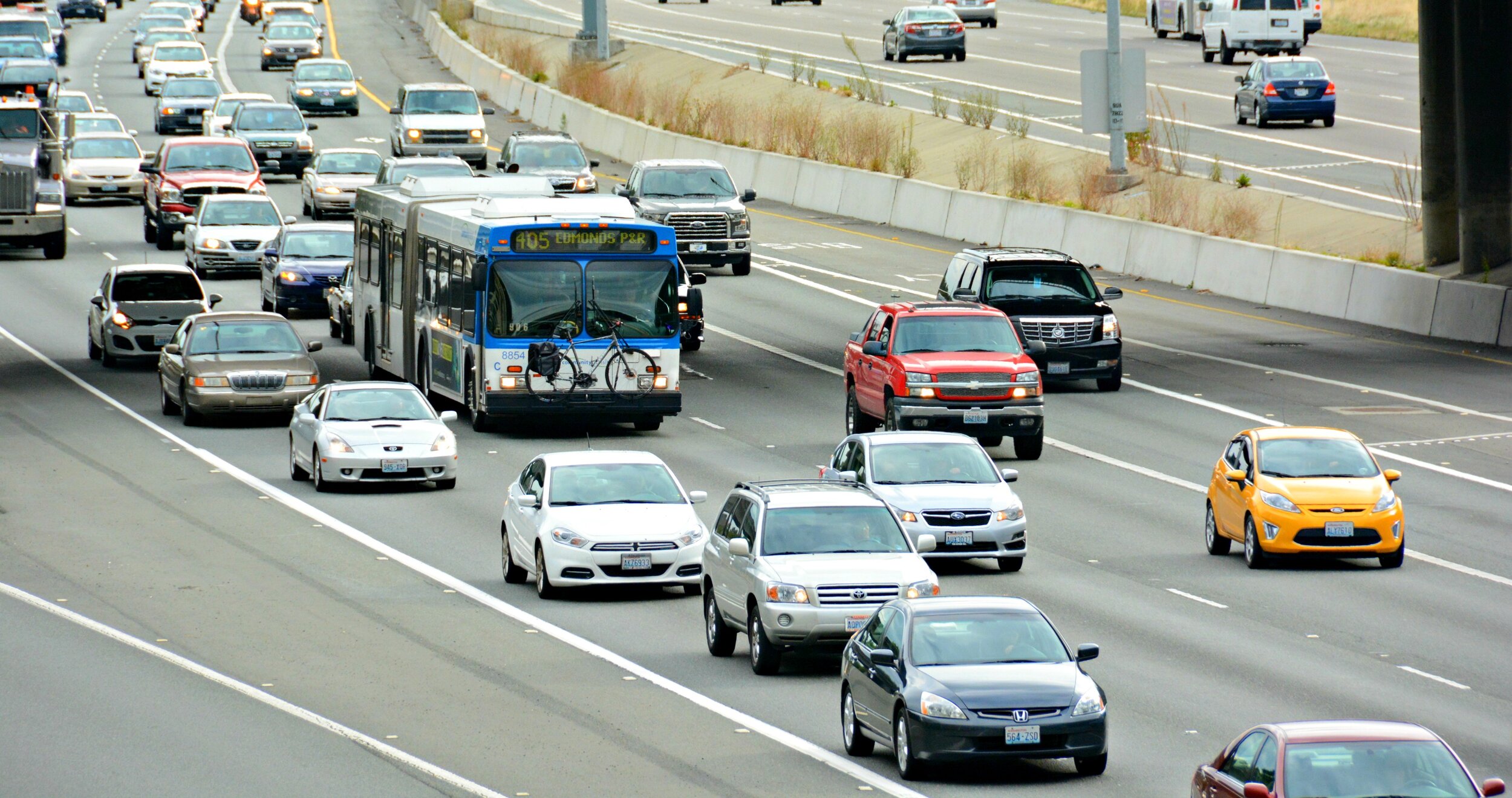Virginia Passes a New Law to Decrease Vehicle Emissions
On March 18th, Virginia Governor Ralph Northam signed a bill that aims to reduce air pollution by requiring auto manufacturers to sell a certain percentage of low-emission vehicles (LEVs) and zero-emission vehicles (ZEVs).
The new law, called HB 1965, has been lauded by environmental activists and is similar to legislation adopted in 14 other states, including the neighboring Washington D.C. and Maryland.
One of the more apparent benefits of this new legislation is decreasing the state’s contribution to climate change. Transportation creates 48% of all greenhouse gas emissions in Virginia, so lowering the amount of pollution generated by cars would greatly decrease the state’s negative impact on the climate.
Additionally, the new law has promising health benefits. According to a 2020 report, particulate air pollution generated by trucks and cars in Virginia contributes to 92 deaths and 71 non-fatal heart attacks each year. Particulate pollution also severely harms the health of children, causing 4,000 cases of new onset asthma and 230,000 asthma exacerbations per year. Decreasing vehicle emissions would reduce these health issues in the state.
Due to the negative impacts of car emissions on health, over 50 health professionals and organizations signed a letter in support of legislation to reduce air pollution, including HB 1965. The support from medical professionals is a promising indicator that the new law will greatly benefit public health.
By ensuring that auto dealers have more LEVs and ZEVs available, it will also be easier for Virginians who want to reduce their carbon footprints to find and purchase environmentally-friendly vehicles.
While the law is projected to have promising effects on public health and the environment, it has received some criticism. Republican legislators have argued that the bill interferes too much with businesses and will end up harming auto dealers. However, both Virginia car dealers and businesses have spoken out in support of HB 1965. Despite advocating against similar bills in 2020, the Virginia Automobile Dealers Association recently released a memo that said “support of HB 1965 is but one step, and we are comfortable taking that step at this time.” This support suggests that HB 1965 is unlikely to significantly harm businesses.
Other individuals have argued that HB 1965 would be an ineffective way to increase ZEV and LEV sales because it would not create a larger market for electric and hybrid vehicles. Josh Fisher, Director of State Affairs for the Alliance for Automotive Innovation, specifically stated that the best way to increase this market is to instead invest in charging infrastructure. This potential problem may be solved by HB 2282, another law passed on March 18th, that allows the State Corporation Commission to report on policy proposals that will increase electric vehicle use. This includes examining proposals for infrastructure changes such as increasing the number of charging stations and building charging stations that work more rapidly.
Despite facing some criticism, HB 1965 is a promising law that is widely supported by many members of the Virginia community and is likely to greatly benefit both the environment and public health.
Vigninia is the first state in the Southeast to pass this kind of clean car standard. This is most likely because Virginia is the only of the southeastern states that has a Democratic governor and a Democratically-controlled legislature. While, given the fact that the other states in the Southeast have Republican-controlled legislatures, it is unlikely that similar legislation will be passed soon, this new legislation could inspire the creation of similar laws throughout the region in the future. This is especially true in North Carolina, the only other southeastern state with a Democratic governor. The passage of similar laws may also occur if any southeastern states eventually become Democratically-controlled.
In 2018, the southeastern states produced 485.5 million metric tons of CO2 from transportation emissions, with Virginia alone producing 48.5 million metric tons. While reducing Virginia’s transportation emissions is extremely important, having such a high level of transportation emissions in the region will still damage the health of the public and the environment. In order to combat these harms, it is vital that other states in the region adopt similar or stricter laws to reduce transportation emissions.

